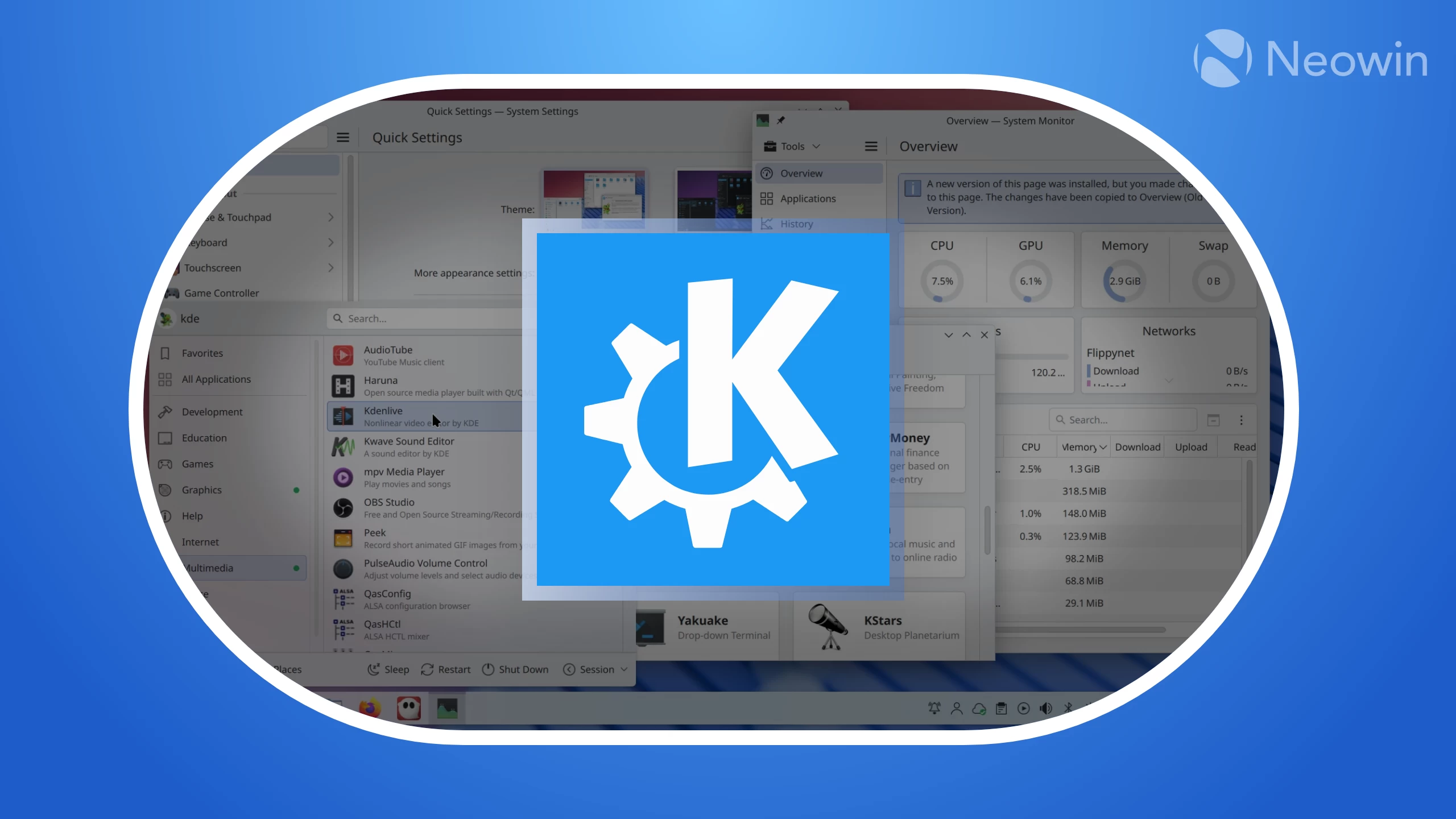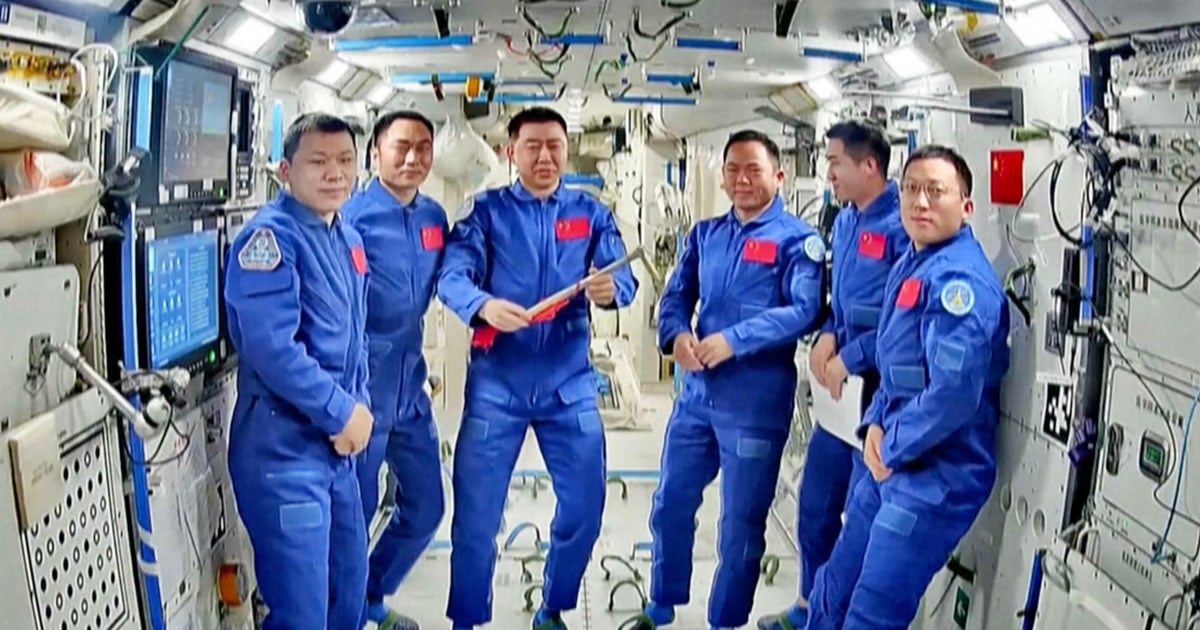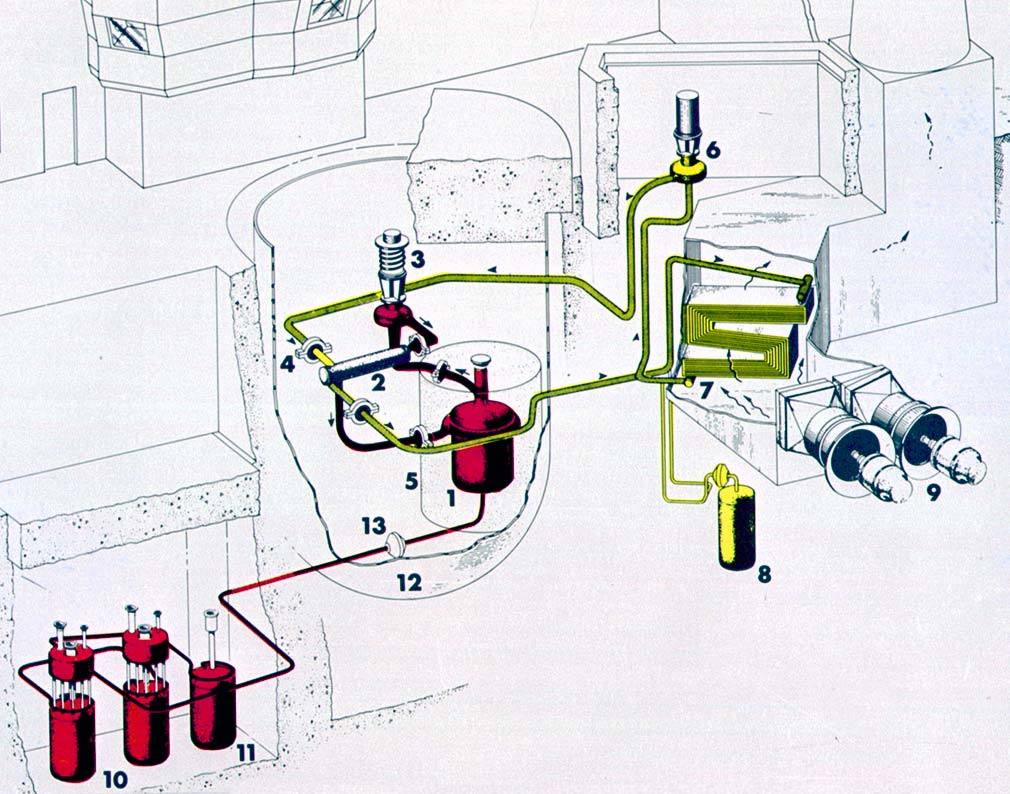
A "new" project called KDE Initial System Setup or KISS (the maintainer is not a fan of this acronym) is finally starting to look like a finished product, promising a much slicker out-of-the-box experience for KDE Plasma users.
Many Linux distributions handle their core installation using Calamares, which is a fantastic distro-agnostic tool for getting the OS onto a drive. The experience after that first boot, however, often lacks a certain polish compared to what you would find on a new Mac or Windows machine.
This project had its first commit way back in late 2020 and showed a lot of initial promise before it essentially laid dormant between mid-2022 and early this year. The git history from that period mostly consists of automated translation syncs. The project got revived back in March, thanks to some foundational work from developer Carl Schwan, with Kristen McWilliam then joining in May and hitting the accelerator. McWilliam recently shared the latest project progress, detailing just how far the tool has come.
For a start, it actually compiles and runs now, a solid milestone for any revived project. Apart from that, the placeholder user creation screen has been replaced with a functional backend that sets up a new account. The UI has been polished to look much more at home on a modern Plasma desktop, and language and keyboard layout selection modules are now in place. Here's the full list of changes:
- Got it to compile and run.
- Added a whole bunch of fixes, cleanup, and polish to the UI, UX, and dev experience.
- Implemented actual user creation (previously, name and password fields were just placeholder UI).
- Added front and back ends for language selection.
- Added ECM logging.
- Cleaned up debug output (it was making changes harder than they needed to be).
- Set up basic CI.
- Added front and back ends for keyboard layout selection.
According to McWilliam, getting the keyboard module working was a huge pain, requiring a good bit of code from Plasma's existing system settings to be refactored for this new use case. Maybe, in the future, when you set up a new Plasma-powered distro, you will be greeted with this integrated OOBE.
For now, there are still hurdles to overcome. The team needs to figure out the chicken-and-egg problem of how to handle tasks that require system permissions before the user has even set their password. The current plan involves using a special system user and a polkit rule to get around it. Another hurdle is ensuring the tool runs automatically on the very first boot, a job that will likely fall to systemd.
.png)




